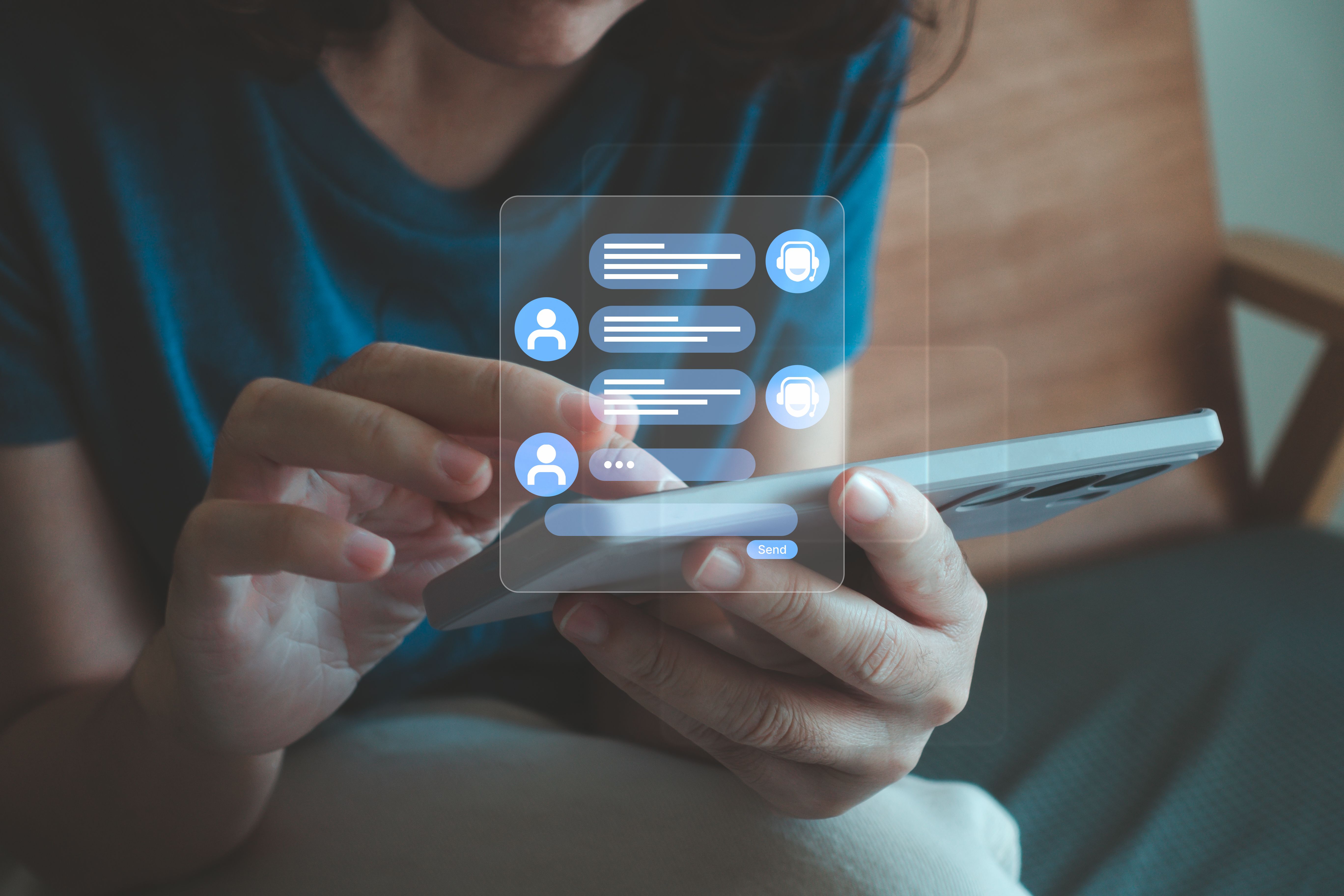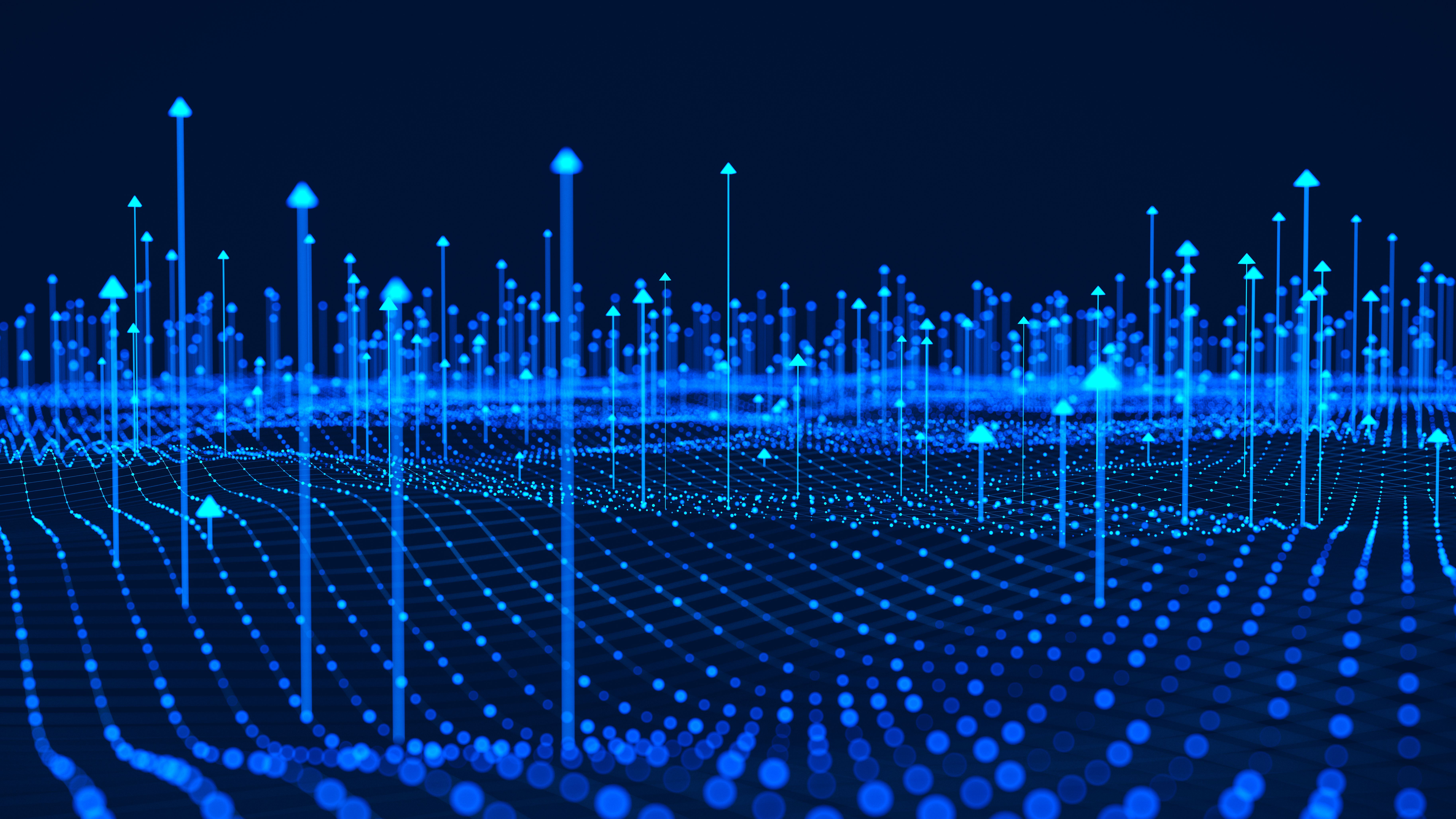Debunking 5 Common Misconceptions About AI Receptionists
Misconception 1: AI Receptionists Lack Personal Touch
One of the biggest misconceptions about AI receptionists is that they lack a personal touch. Many people assume that because they are not human, they cannot provide the same level of personalized service. However, this is far from the truth. AI receptionists can be programmed to understand and respond to individual customer preferences and needs, providing a tailored experience that can rival that of a human receptionist.

Misconception 2: AI Receptionists Are Inflexible
Another common belief is that AI receptionists are inflexible and cannot handle complex queries. In reality, AI technology has advanced significantly and can manage a wide range of tasks, from answering frequently asked questions to routing calls to the appropriate departments. With machine learning capabilities, AI receptionists can continuously improve their responses and adapt to new situations, making them more flexible than ever.
Enhancing Efficiency with AI
AI receptionists are designed to enhance operational efficiency. They can handle multiple inquiries simultaneously, reducing wait times and improving customer satisfaction. This capability allows human staff to focus on more complex tasks, ensuring a seamless and efficient workflow within an organization.

Misconception 3: AI Receptionists Are Expensive
Many businesses hesitate to adopt AI receptionists due to the perceived high costs associated with implementing advanced technology. However, AI solutions have become more accessible and affordable over time. Investing in an AI receptionist can lead to significant cost savings by reducing the need for a large reception staff and decreasing the time spent on repetitive tasks.
Long-term Financial Benefits
The initial investment in AI technology often pays off in the long run. Businesses can benefit from lower operational costs and increased productivity, leading to a higher return on investment. Additionally, AI receptionists do not require benefits or paid time off, further reducing expenses.

Misconception 4: AI Receptionists Compromise Security
Security concerns are another reason some companies are reluctant to use AI receptionists. It is believed that AI systems might compromise sensitive information. However, modern AI solutions are equipped with robust security protocols to protect data and ensure confidentiality. These systems comply with industry standards and are regularly updated to prevent unauthorized access.
Data Protection Measures
AI receptionists employ encryption and authentication measures to safeguard sensitive information. Businesses can trust these systems to handle customer interactions securely, maintaining the integrity of their data.
Misconception 5: AI Receptionists Will Replace Human Jobs
The fear that AI receptionists will replace human jobs is prevalent. However, the reality is that AI is designed to augment human capabilities rather than replace them. By taking over routine tasks, AI receptionists allow human employees to focus on more strategic roles that require creativity and emotional intelligence.
Collaborative Work Environment
AI receptionists work best when integrated into a collaborative work environment. They complement human employees by handling time-consuming tasks efficiently, freeing up staff to engage in meaningful interactions with clients and contribute to business growth.

In conclusion, while misconceptions about AI receptionists persist, it is essential to recognize how far the technology has come. By debunking these myths, businesses can better understand the value that AI receptionists bring to enhancing productivity, improving customer service, and optimizing operational costs.
